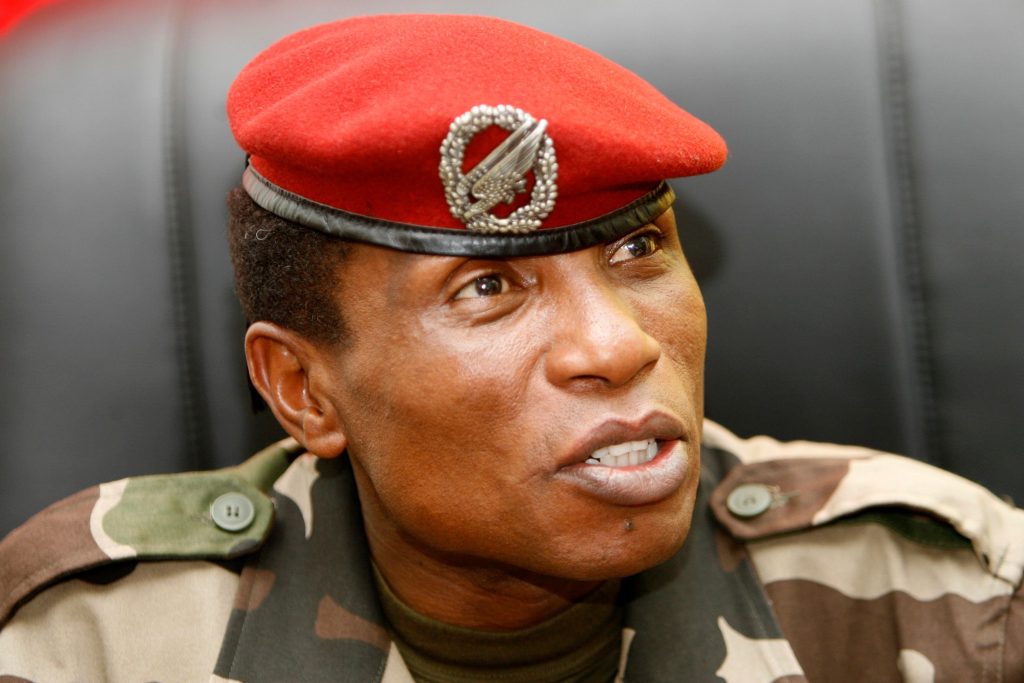Human rights organisations have strongly condemned the Guinean junta’s decision to pardon former dictator Moussa Dadis Camara, calling it “an affront to justice.”
Camara, who was serving a 20-year prison sentence for crimes against humanity linked to the 2009 massacre in Conakry, was granted a pardon last week on “health grounds” by Guinea’s military ruler. A rights group later reported that he had been moved from prison to a luxury villa in the capital.
Camara’s conviction stemmed from his role in the deadly crackdown on an opposition rally on September 28, 2009. A UN-backed inquiry found that at least 156 people were killed—many shot or stabbed—while hundreds more were wounded. At least 109 women were raped, with some held captive for days and tortured.
Despite international calls for accountability, only 57 victims’ bodies were recovered, and rights groups believe the actual death toll is significantly higher.

The International Federation for Human Rights (FIDH), along with the Association of Victims, Relatives and Friends of September 28 (AVIPA) and the Guinean Organisation for the Defence of Human and Citizen Rights (OGDH), expressed outrage over the pardon.
“This decision sends a disastrous signal, showing contempt for justice, accountability, and the fight against impunity,” said FIDH Secretary General Drissa Traore, who also represents civil parties in Guinea.
In a joint statement, the groups called the pardon a violation of Guinea’s commitments to national, regional, and international justice systems.
Camara had previously appealed his conviction. Meanwhile, junta leader General Mamadi Doumbouya, who took power in 2021, announced on March 26 that the state would cover compensation costs for massacre victims. However, critics argue that justice is being undermined by Camara’s release.


